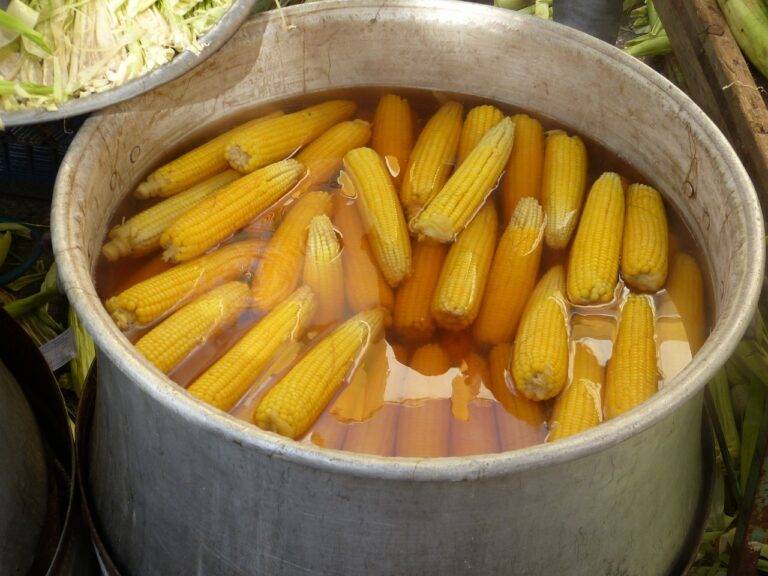Exploring the Rise of Food Cooperatives: Empowering Local Economies Through Collective Action
Food cooperatives have a rich history dating back to the 19th century, when groups of individuals came together to address the high costs and limited access to quality food. These early cooperatives were built on principles of collaboration, shared ownership, and community empowerment, allowing members to pool resources and purchase food in bulk at more affordable prices.
During the Great Depression in the 1930s, food cooperatives experienced a resurgence as communities sought ways to support each other during times of economic hardship. The cooperative model offered a sustainable solution for individuals to access fresh, wholesome food while also promoting social equality and mutual aid among members. Over the decades, food cooperatives have continued to evolve and thrive, reshaping the food landscape by prioritizing transparency, sustainability, and fair trade practices.
Benefits of Food Cooperatives for Local Economies
Food cooperatives play a significant role in supporting local economies by providing a platform for small-scale farmers and producers to showcase their products. By sourcing goods locally, these cooperatives help strengthen the economic fabric of communities, fostering relationships between consumers and producers. This direct connection promotes transparency in the supply chain and ensures fair wages for farmers and fair prices for consumers.
Moreover, food cooperatives often prioritize sustainability, offering organic, locally-grown options that support environmentally friendly practices. This emphasis on sustainable agriculture not only benefits the environment but also contributes to the overall health and well-being of the community. By choosing to support food cooperatives, consumers are not only investing in the local economy but also in the future of their community’s health and sustainability.
How Food Cooperatives Empower Communities
Food cooperatives play a crucial role in empowering communities by providing access to fresh, locally sourced food. By offering a platform for local farmers and producers to sell their goods, cooperatives not only support small businesses but also create a sustainable food system that benefits both consumers and producers. Members of these cooperatives have the opportunity to learn about where their food comes from and how it is produced, fostering a deeper connection to the food they consume.
Additionally, food cooperatives often prioritize environmental sustainability and ethical practices, which can have a positive impact on the community at large. By promoting practices such as organic farming, reduced packaging waste, and fair labor standards, cooperatives help educate their members about the importance of making conscious and ethical food choices. This focus on sustainability not only benefits the local environment but also encourages community members to adopt more eco-friendly habits in their daily lives.
Food cooperatives empower communities in various ways:
• Providing access to fresh, locally sourced food
• Supporting small businesses and local farmers
• Creating a sustainable food system
• Fostering a deeper connection to food for members
Moreover, food cooperatives prioritize environmental sustainability and ethical practices:
• Promoting organic farming
• Reducing packaging waste
• Upholding fair labor standards
• Educating members about conscious and ethical food choices
Overall, the focus on sustainability not only benefits the local environment but also encourages community members to adopt more eco-friendly habits in their daily lives.
What is a food cooperative?
A food cooperative is a community-owned grocery store that operates on principles of cooperation, equality, and sustainability.
How do food cooperatives empower communities?
Food cooperatives empower communities by providing access to healthy, affordable food, supporting local farmers and producers, and fostering a sense of community and social responsibility.
Are food cooperatives only for certain types of people?
No, food cooperatives are open to everyone in the community and welcome diversity in membership.
How can I get involved with a food cooperative in my area?
You can get involved with a food cooperative in your area by becoming a member, volunteering, or supporting their events and initiatives.
What are some examples of successful food cooperatives?
Some examples of successful food cooperatives include the Park Slope Food Coop in Brooklyn, New York and the People’s Food Coop in Ann Arbor, Michigan.







